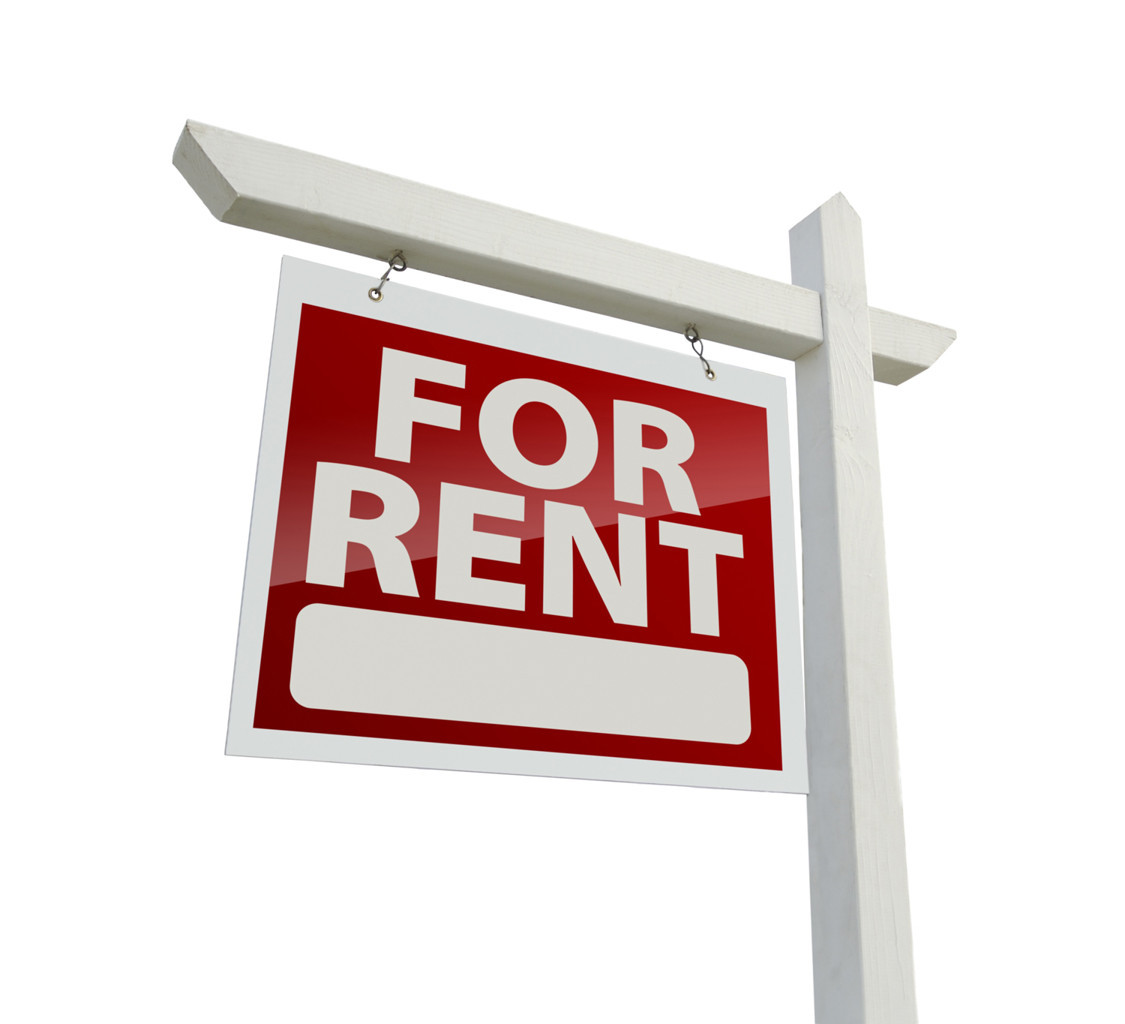CORNWALL, Ontario – The City of Cornwall is extending its public survey on the proposed Residential Rental Licensing Program for another week.
The survey will be a part of a broader public engagement effort on behalf of the city to get feedback on the proposed rental licensing program.
The goal of the program is to create a database on Cornwall’s rental housing stock, as well as to help enforce certain residential property standards.
The creation of such a program for the City of Cornwall has gone back several years, with city administration most recently presenting Council with a report on the proposed program in June.
City of Cornwall By-Law Officer Charles Bray told Seaway News that the program could help promote property standards by giving a voice to renters and holding landlords accountable.
“Often when we get a complaint, individuals won’t share all of the information we need them to,” Bray said. “There is always a concern that if they make a complaint, they might be evicted.”
Bray said that most of the property complaints that his office receives over the course of a year come from rental properties.
Additionally, the City feels that a residential rental database would be something that could promote safety in Cornwall. Former Cornwall Fire Services Chief Pierre Voisine had told Cornwall City Council that without a database of rental properties, his crews were sometimes unaware of how many residential units were at a particular property when they respond to an emergency.
A concern raised by the Cornwall and Area Chamber of Commerce around the program was that of the cost to the public. A report authored by the Chamber based on similar programs in Ottawa and Oshawa estimated that a rental licensing program in Cornwall could cost between $844,900 to $2.25 million per year.
“Our concern is really around understanding what the costs are,” said Greg Pietersma, Executive Director of the Cornwall and Area Chamber of Commerce. “We want to ensure there is enough rental units available for people moving to the area.”
“All costs ultimately end up on the end consumer,” he went on to say. “A lot of landlords don’t take advantage of the opportunity to raise their rents every year, but I have heard that they will to pay the fees.”
The city countered that argument, stating that the program would likely be run through the city’s by-law department, which currently has an annual budget of around $700,000.
“It has never been the intention of the city, nor would we ever be asking for that,” said Cornwall Chief Administrative Officer Maureen Adams of the Chamber’s estimated cost of the rental licensing program.
Adams estimated that the program could cost in the $200,000 range with most of that being covered by the licensing fee structure.
According to the city’s report to Council, a rental unit fully in compliance with municipal property standards at time of inspection would have a licensing fee of $50. Rental units not in compliance would have 30 days to pay a $100 fee and another $300 fee if they remain non-compliant after that 30 day period.
According to the Chamber’s data, Cornwall has 8,449 rental units across the city.
“If they actually come up with a program that is $50 a year then the cost would be marginal,” said Pietersma, who said that he was told by the City that the program would be entirely supported through these licensing fees. “If that is the case then the cost would not be on the taxpayers, but would ultimately fall on renters.”
Pietersma went on to say that the Chamber did not have a position on the need for the rental database itself, but instead was purely concerned with its cost.
“Anything that concerns the cost of rent is a concern to us,” he said.
Pietersma raised concerns about the way the City has been engaging with the public on this issue, pointing to several deficits in the online survey including not having working links to the original report.
“What we really want is that whatever they decide to do, that it is reflective of what the community needs and what the community wants,” he said. “We think it would be better if the process was restarted.”
Adams said that the ongoing consultation process will take time, and that there will still be more opportunities for members of the public to provide feedback. Once the city has completed the public consultation process, the final vision of the rental licensing program will start to come into better focus.
“We don’t want to put in place something that is overly costly, but something that still meets the needs of being a database, promoting safety and the quality of our housing stock,” said Mark Boileau, Cornwall’s General Manager of Planning, Recreation, and Development.




